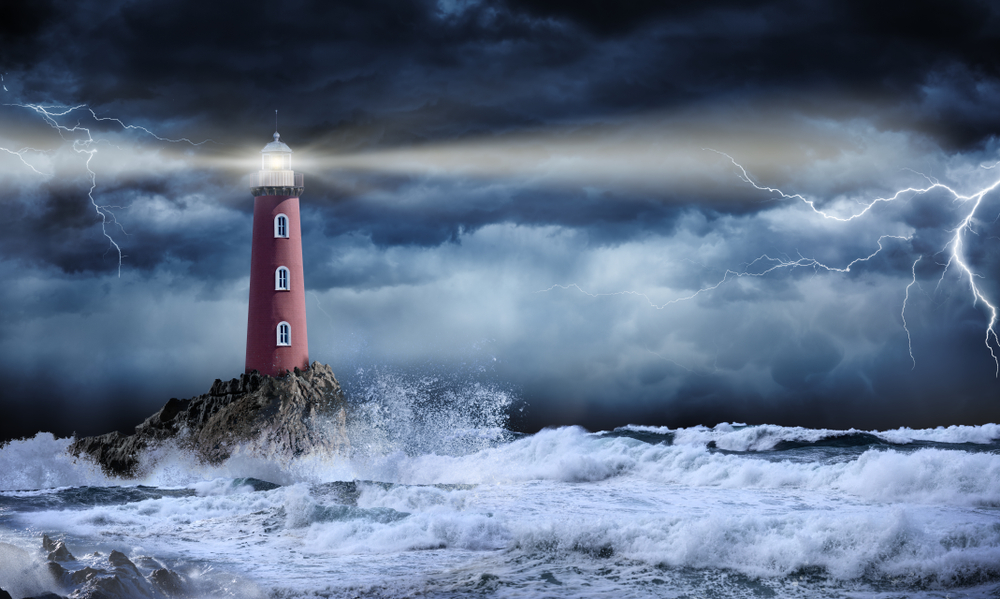Part 3.
Stress affects all our lives. Resilience is the counter to excessive stress. Both the causes and levels of stress vary from person to person. As noted in Parts one and two of this series, self-awareness, self-esteem, and self-responsibility are core characteristics to develop that resilience and make the changes to reduce the causes and levels of stress.
When stress is in play, what about considering these three leading questions:
Am I using my time to best effect?
How well are my personal relationships going?
How often am I smiling?
Christmas through New Year is a time of goodwill, joy and hope for the future. But it is also renowned for stressful situations and leading to stress driven consequences. Here are three scenarios.
It’s Christmas! Time for you and your partner to have a week off, and to use every day to travel around the country visiting your close and maybe distant families. Is your Winter break supposed to give you any “us” or “me” time? Even if this is not your scenario maybe it is for your children? If this leads to negatives and stress maybe, consider answers to the leading questions. Are changes necessary?
It’s Christmas! Time for all the family to gather for at least 24hours, maybe longer, in a confined space and to enjoy themselves throughout; and time also to find a present to give to each one of them without spending too much or too little and without giving offence; and maybe time for at least one alcohol fuelled argument. Do you feel pressure? Do you resent the pressure? If so, what needs to change?
It’s New Year! We are delighted there is a party to go to (or are we?) or we are (sadly?) on our own. Are we reflecting on how good things have been in 2019 and looking forward positively to 2020? Or is it the opposite or a mix? It may be worth considering the three leading questions and applying some tools of resilience – optimism, perspective and responsibility for change.
Sherbhert as ever does not have the answers. What is more there are always serious scenarios causing stress for people that, unless we are in that situation, we cannot truly comprehend how stressful they are. For example, the stress borne out of living in poverty; of living in a small space where emotions run high and where alcohol and drugs may generate abuse; of living with fear and the effort of battling despair, will be stress impossible for those not in poverty to digest. A starting point to get a perspective is “Poverty Safari”, a book by Darren McGarvey. His experience leads him to conclude that, even in the most dire of upbringings, a dose of self-help is a necessity and nothing is solved by merely blaming others. Acquiring the tools of self-help, being the qualities of resilience, is relevant even to the most extreme stress situations.
“Resilience is knowing that you are the only one that has the power and the responsibility to pick yourself up.” – Mary Holloway.

